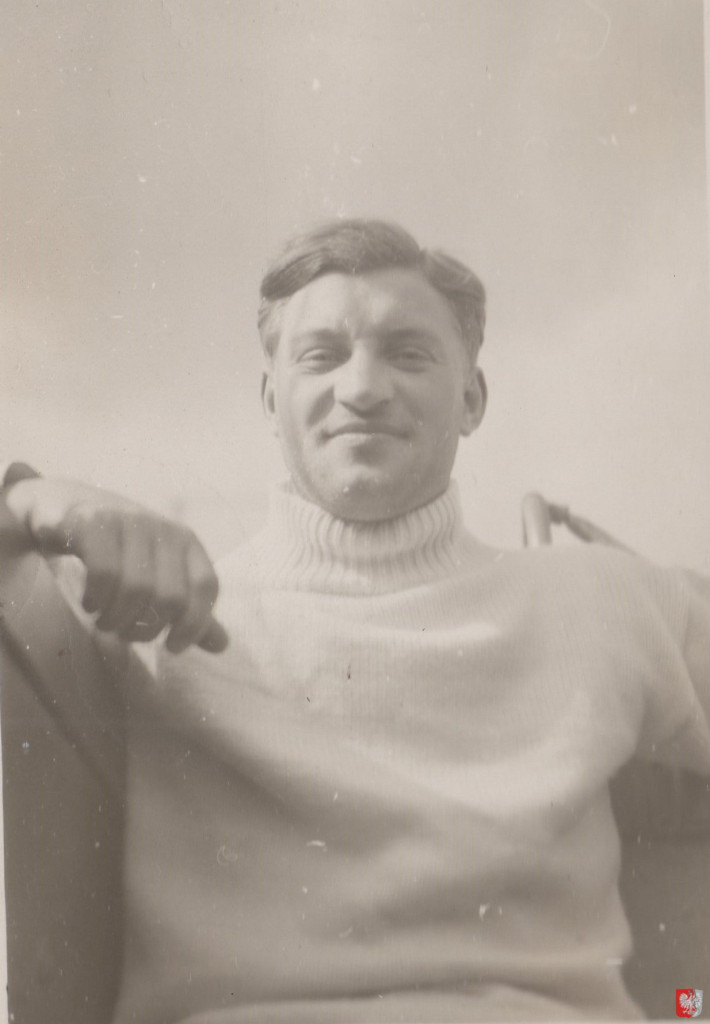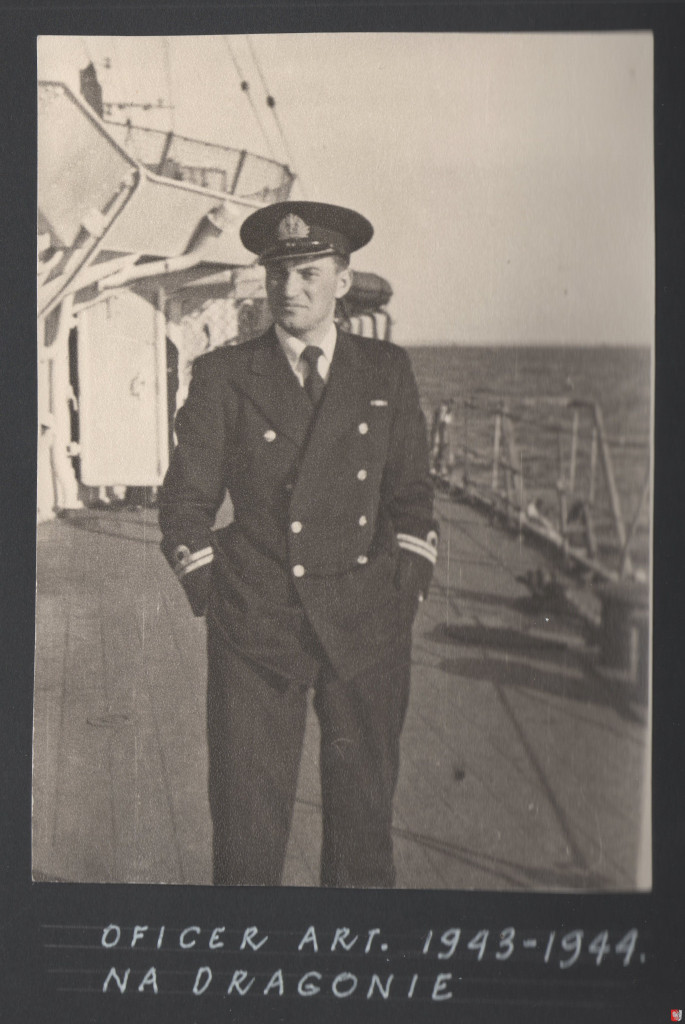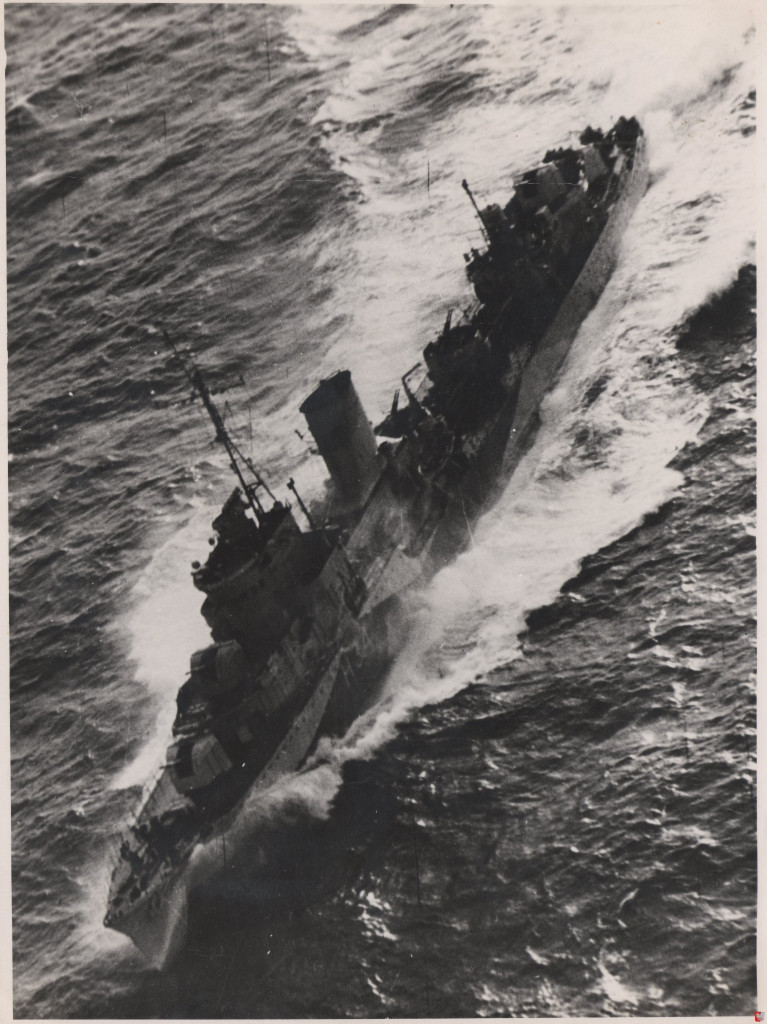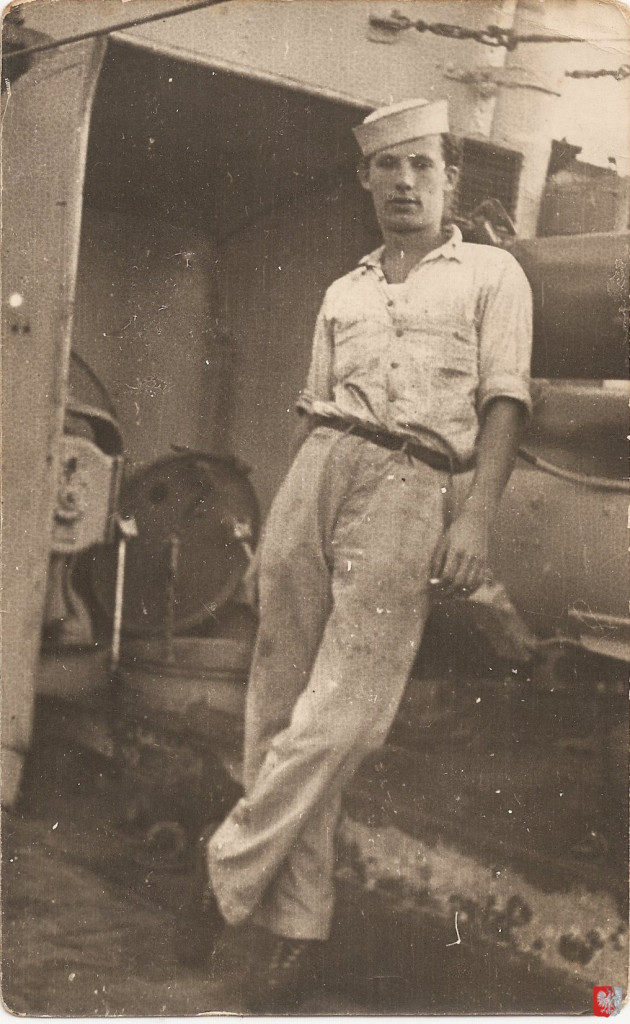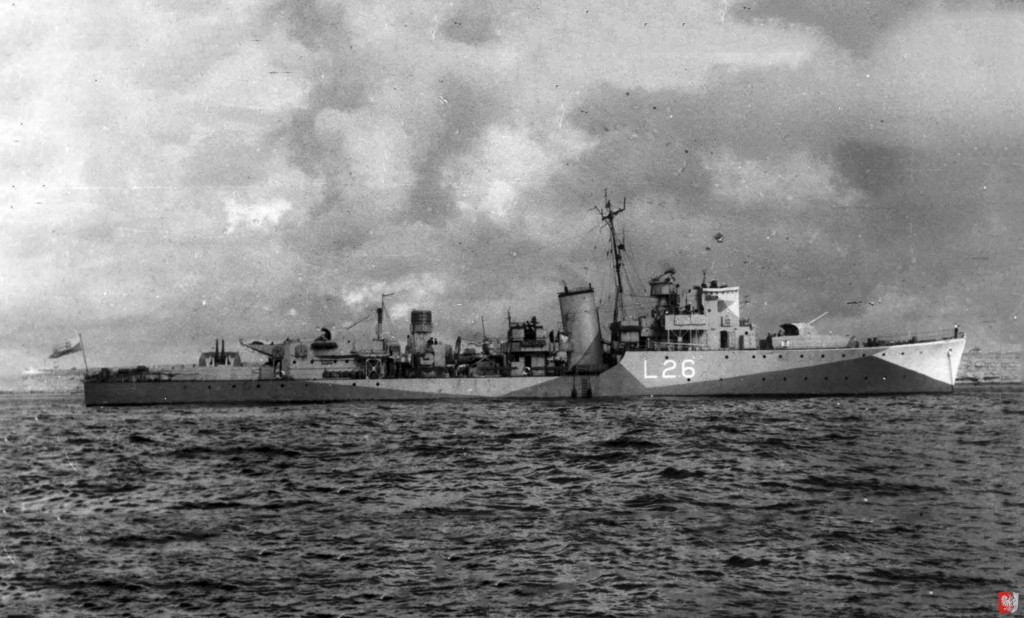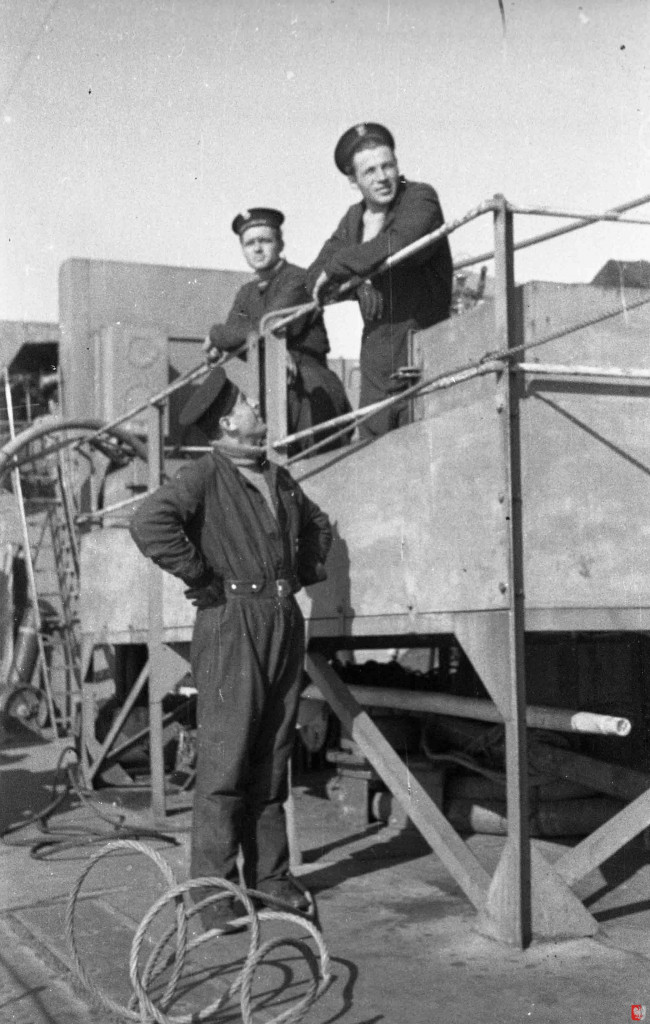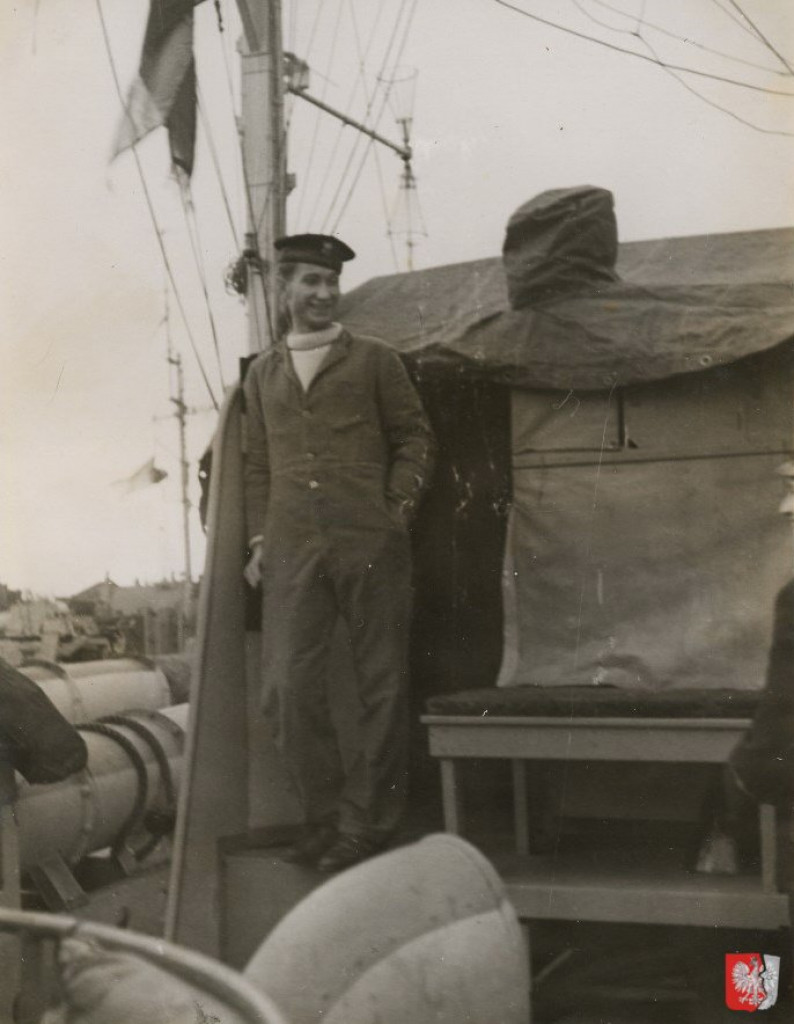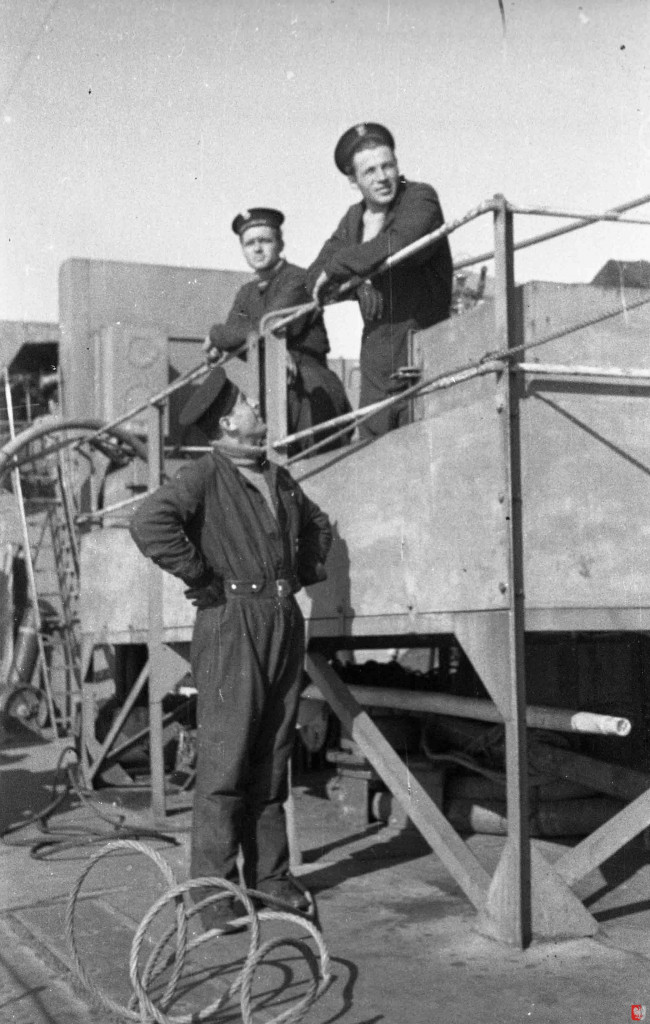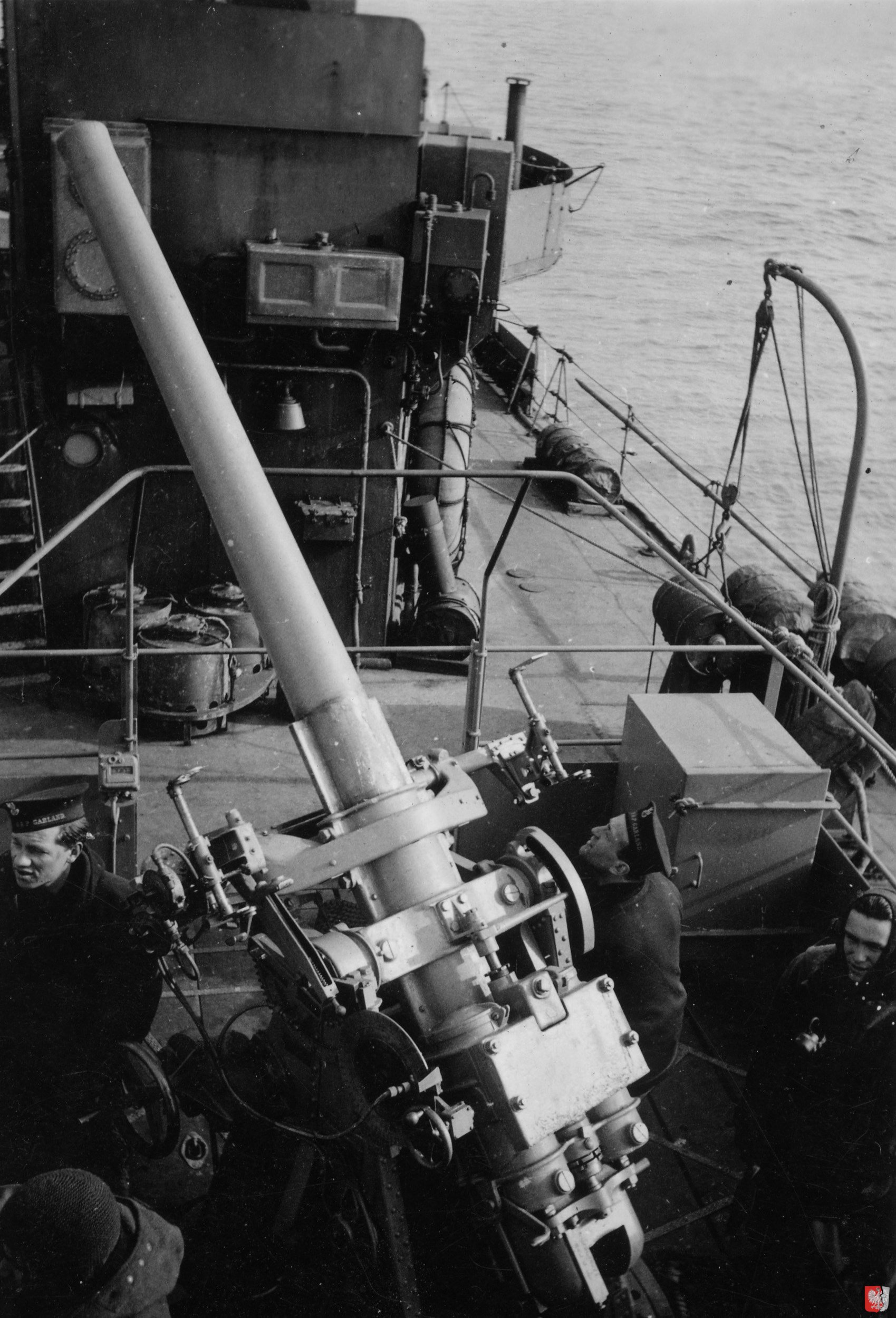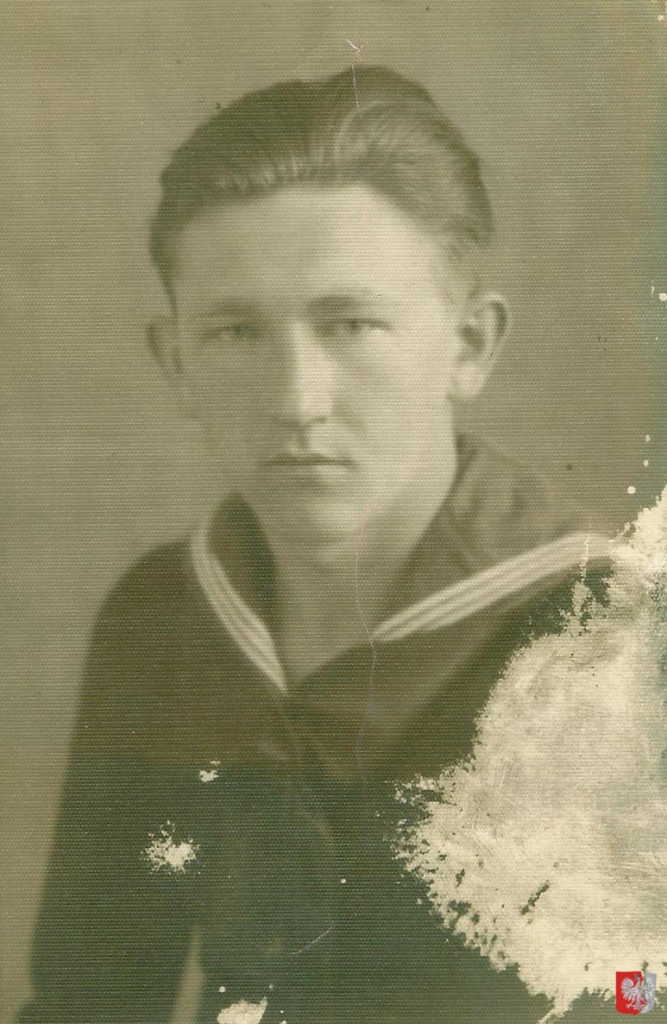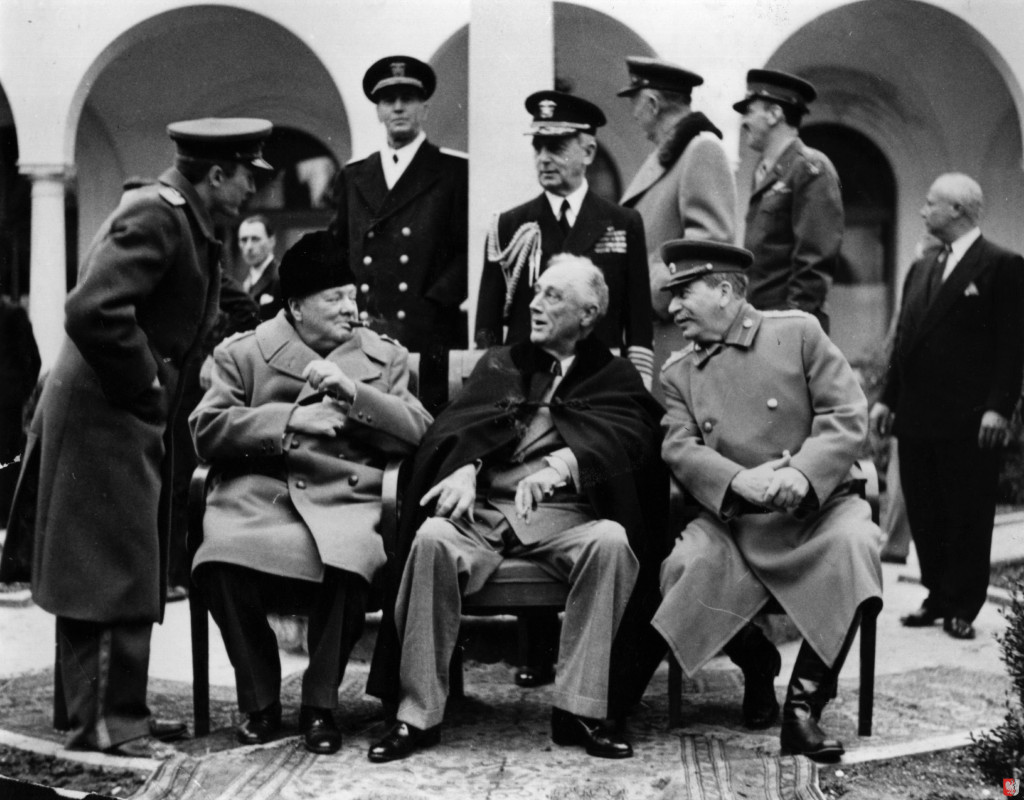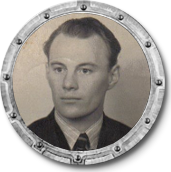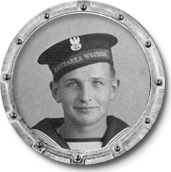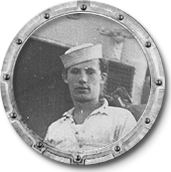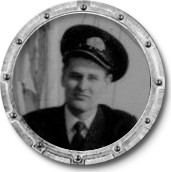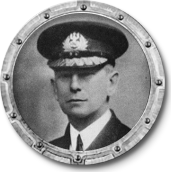
Polish Naval Memories of WWII
“It was too much of a coincidence for all Polish warships to be in port being refitted, when the nefarious Yalta conference, that decided Poland’s post-war fate, was taking place. The British must have been concerned about some form of strong protest from the Poles. But professional discipline held…
“Wronski writes in his memories ‘Wspomnienia Plyna jak Okrety’ that in February 1945, his command, ORP Słazak went for a refit in London. He was invited by Admiral Dunbar-Nasmith for lunch, who before sitting down to eat asked Wronski, as a naval officer and gentleman, whether Lwow was a Polish city. Wronski replied that Lwow had never been part of Russia, not even during the 100 year long partitions, and that, in Lwow there were three Catholic cathedrals of the Latin, Uniate and Armenian rites, testifying to Polish tolerance. Furthermore Lwow had the third-oldest Polish university, Jana Kazimierza, founded by the Polish kings in the 17th century, in addition to one of Poland’s two major polytechnic academies and the magnificent Ossolineum Library. The British admiral, after listening in silence, said ‘I am sorry”.
Władysław Pacewicz was serving on ORP Garland at that time. He too had survived deportation from Poland’s Eastern Borderlands to Stalin’s labour camps in the USSR. The report for ORP Garland in December 1944 was “Taken in hand for refit by HM Dockyard, Devonport” and in January-February 1945 she was reported as being “under re-fit”.
There can be no doubt that the British government was well aware of Poland’s precarious political situation and the effect that this had on her armed forces. Reports from the War Cabinet, SW1 – the organisation of allied naval, army and air contingents – detailed these issues during the preceding war years:
OFFICES OF WAR CABINET SW1
24th Report for the quarter ending 31st March 1943
Polish Navy:
17. There has been evidence that the Press Reports on the Polish-Russian political controversy have disturbed the minds of Polish officers and men to a considerable extent.
18. One incident has come to notice where some members of the crew of the Krakozviak, under the mistaken impression that they were under orders for North Russia, protested to their Captain, but all passed oft’ smoothly.
25th Report for the quarter ending June 30, 1943
Polish Navy.
10. There was at one time a possibility that the Poles would abandon the manning of the cruiser Dragon, as their intention to re-name her Lwow was not acceptable to the British Government on account of the Russian-Polish frontier dispute. The matter was settled by the Poles deciding to leave her name unchanged. It was not, however, without a lot of consideration that this solution was reached, and the incident typifies the feeling which exists amongst the Poles due not only to frontier questions, but to the treatment accorded by Russia to their helpless dependants..
27th Report for the quarter ending 31st December 1943
Polish Navy.
20. Much anxiety and some unrest was evident amongst Polish Naval personnel, due to the absence of any pronouncement as to Poland’s future boundaries after the Moscow Conference. This was particularly the case in the Dragon whose crew includes a large proportion of ex-prisoners of war from Russia. Tension has since eased a little, but this question undoubtedly remains a factor which should be kept in mind when considering the morale of Poles who are not actively employed. The fighting spirit in the seagoing ships remain unimpaired.
28th Report for the quarter ending 31st March 1944
Polish Navy.
22. The Soviet-Polish situation continues to cause anxiety and unrest in the Fleet. It must not be forgotten that of the 3,000 men in the Polish Navy, 800 were prisoners of war in Russia eighteen months ago. These men all came from homes situated East of the Curzon Line, and the proportion of men in the Fleet, therefore, who would find themselves Russian, if the Curzon Line became the frontier, is high.
23. The Polish Admiral, on General Sosnknowski’s instructions, has caused it to be known that anything in the nature of a demonstration would be ”suicidal” to the Polish interest in the long run, and for the moment it may be said that the co-operation of the Fleet with ourselves is unimpaired.

